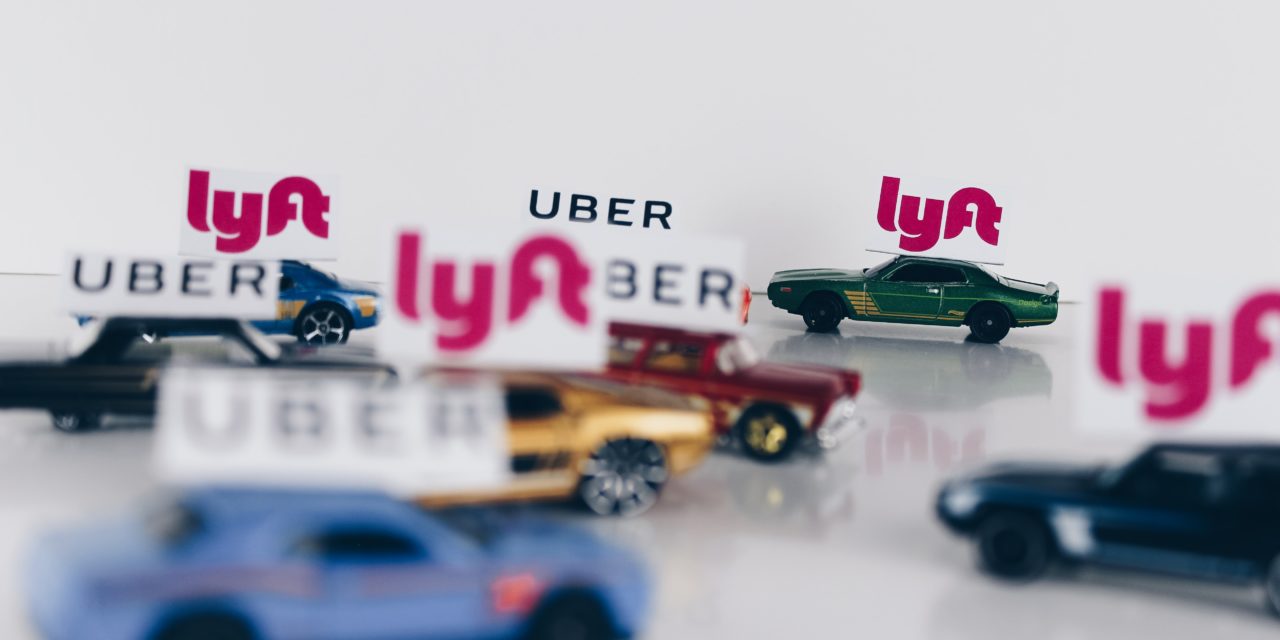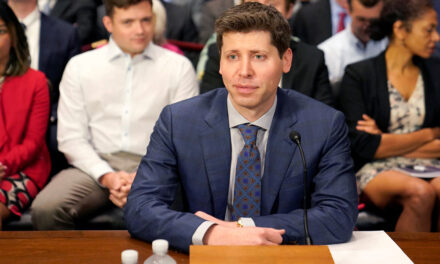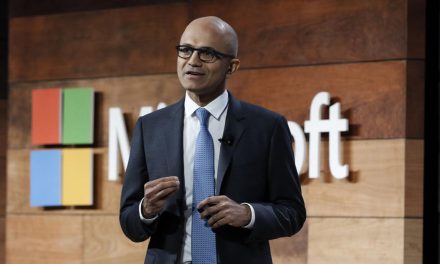Ride-hailing and delivery companies found themselves facing a setback in their employment status. The State Supreme Court of Massachusetts opted to block a proposal where the public would be asked to vote on whether drivers working for these companies through their mobile applications should be considered independent contractors instead of employees.
According to Justice Scott Kafker, the call for a plebiscite contained several loopholes that would put drivers at a disadvantage, specifically wages considerably lower than the state-mandated minimum wage. In addition, Kafker stated that the proposal appeared to be couched in vague language and used a great deal of technical jargon with no real bearing on the matter at hand.
The judge added that the proposal also went beyond simply defining the relationship between companies like Uber and Lyft and the app-based drivers working for their respective services.
Kafker also called into question the inclusion of an unrelated proposal limiting the liability of ride-hailing companies for any accidents involving their drivers.
What Exactly Was in That Proposal?
The initiative was proposed by the Massachusetts Coalition for Independent Work, an organization that includes Lyft and Uber and other app-driven service providers like Instacart and DoorDash. The proposal involved putting the matter of declaring drivers as independent contractors entitled to minimum benefits to a public vote.
The initiative is also meant to set an earnings floor at $18 an hour sans tips – equivalent to 120% of the minimum wage for app-based ride-hailing and delivery drivers – beginning in 2023.
Likewise, these app developers/service providers would be required to pay a healthcare stipend to drivers working fifteen hours a week, along with paid sick time, family time, and medical leaves.
The initiative was modeled after a similar measure implemented in California in 2020 following a vote where the public called for the classification of app-based drivers as independent contractors who were, nevertheless, eligible to collect benefits from the services they worked for.
The Aftermath
Justice Kafker also ruled that State Attorney General Maura Healey, a Democrat currently gunning for Massachusetts’ gubernatorial post, certified the nixed proposal in error. He cited that, despite Healey’s certification, the proposal was not compliant with the state’s constitutional requirements on limiting ballot measures to related subjects.
However, industry executives are not giving up so easily. According to Conor Yunits, a spokesperson for those behind the proposal, the organization continues to call on state lawmakers to pass legislation to show support for the drivers who have backed the proposal.














